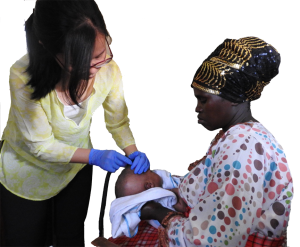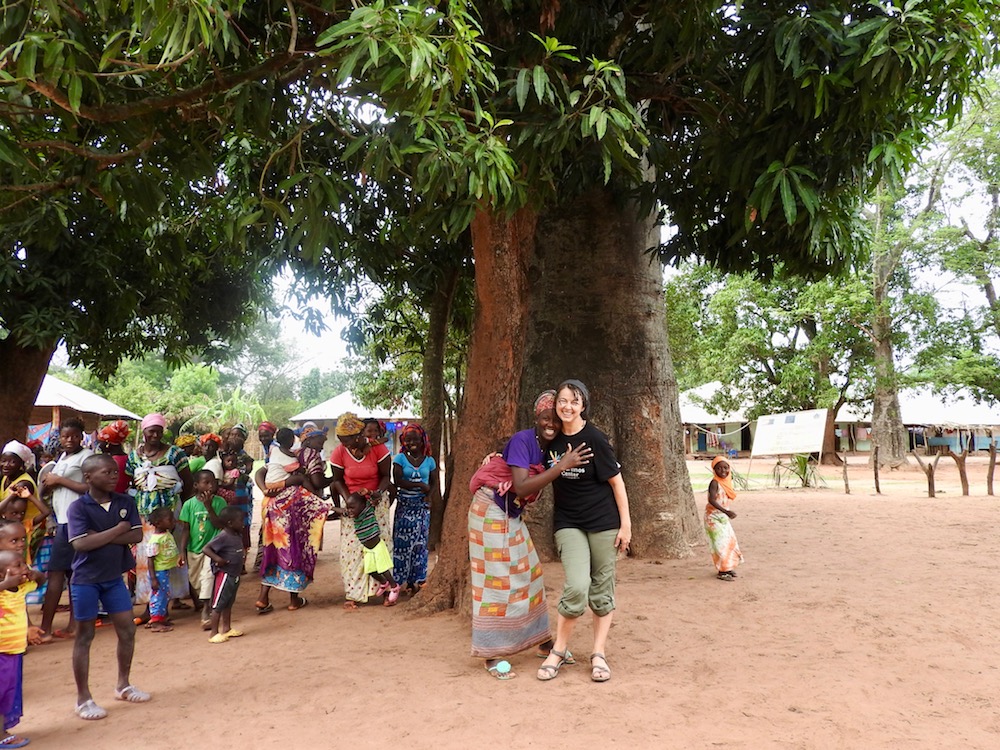 I am particularly fond of two collaborative projects aiming to improve the diagnosis of cerebral health in children in poor resources settings. I believe the development of diagnostic diffuse optical methods are key in developing countries where MRI, PET and CT are not sustainable.
I am particularly fond of two collaborative projects aiming to improve the diagnosis of cerebral health in children in poor resources settings. I believe the development of diagnostic diffuse optical methods are key in developing countries where MRI, PET and CT are not sustainable.

Prognostic capabilities of hydrocephalus outcomes
In collaboration with Boston’s Children Hospital and the Cure Hospital of Uganda we are testing the NIRS/DCS prognostic capabilities in infants undergoing surgical treatment for hydrocephalus. The initial pilot study was successfully completed one year ago, and we now have all of the information on how to improve the technology and reduce costs and are starting to apply for funding.
Effects of malnutrition and stunting on brain development
We are collaborating with Dr. Susan Roberts at Tufts University and the Health Department of Guinea Bissau on a randomized controlled nutritional study aiming at demonstrating the efficacy of a nutritional supplement in ameliorating effects of malnutrition and stunting on brain development. The ongoing 20-week nutritional intervention is being conducted in 1000 children of age 1.5- to 7 years old living in remote villages in the Oio and Cacheu regions. The primary and secondary outcomes include cognitive tests of executive function and changes in standard anthropometric benchmarks of growth. My aim is to demonstrate the ability to assess brain cognitive abilities with a simple 10 s NIRS/DCS measurement. My long-term goal is to establish NIRS/DCS as a tool that provides neurodevelopmental growth charts of brain maturation.

